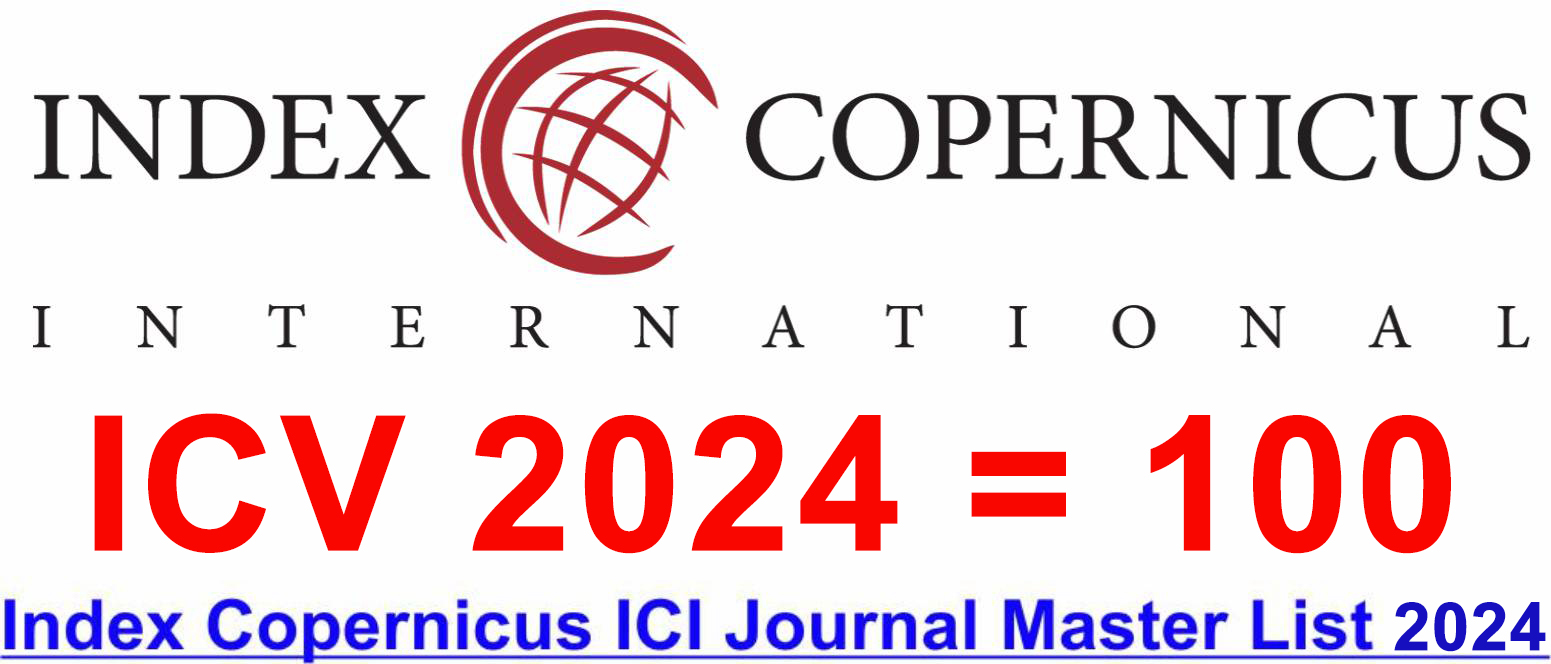Soft Skills in the Process of Ensuring the Principles of Education with a Life Force
DOI:
https://doi.org/10.46977/apjmt.2023.v03i03.004Keywords:
Soft Skills, Hard Skills, Continuing Education, Technological ChangesAbstract
The article analyzes the development of soft skills in the process of ensuring the implementation of the principles of continuous education in the modern transformational conditions of society. Values influence people's goals and, accordingly, the sphere of their professional realization. The emergence of new professions is determined by the needs and values of society. Accordingly, the implementation of continuous education requires the development of not only hard skills but also soft skills. The development of self-awareness and social consciousness in each individual is important. Only plasticity of thought, creativity, and freedom of choice can attract competitive specialists to the market. The trend of wanting to study offline is interesting, but despite the growing virtualization of communication among the younger generation, it gives hope that the choice of profession is conscious and, of course, the person who studies will get good knowledge and skills.
Downloads
References
DeSteno, D. (2018). Emotional Success: The Power of Gratitude, Compassion, And Pride. Houghton Mifflin Harcourt.
Hougaard, R., & Carter, J. (2018). The Mind of the Leader: How to lead yourself, your people, and your organization for extraordinary results. Harvard Business Press.
Schein, E. H. (2010). Helping: How to Offer, Give, and Receive Help. ReadHowYouWant. com.
Vanderkam, L. (2022). Tranquility by Tuesday: 9 Ways to Calm the Chaos and Make Time for What Matters. Penguin Audio
Published
How to Cite
Issue
Section
Copyright (c) 2023 Asia-Pacific Journal of Management and Technology (AJMT)

This work is licensed under a Creative Commons Attribution-NonCommercial 4.0 International License.



















